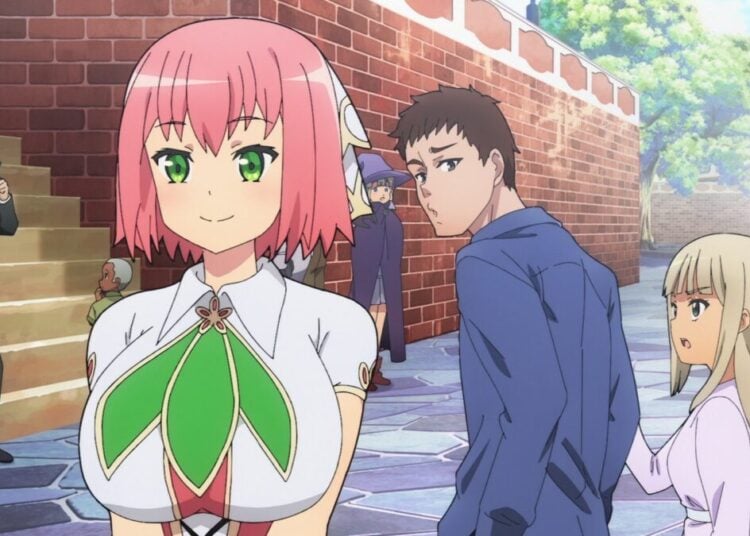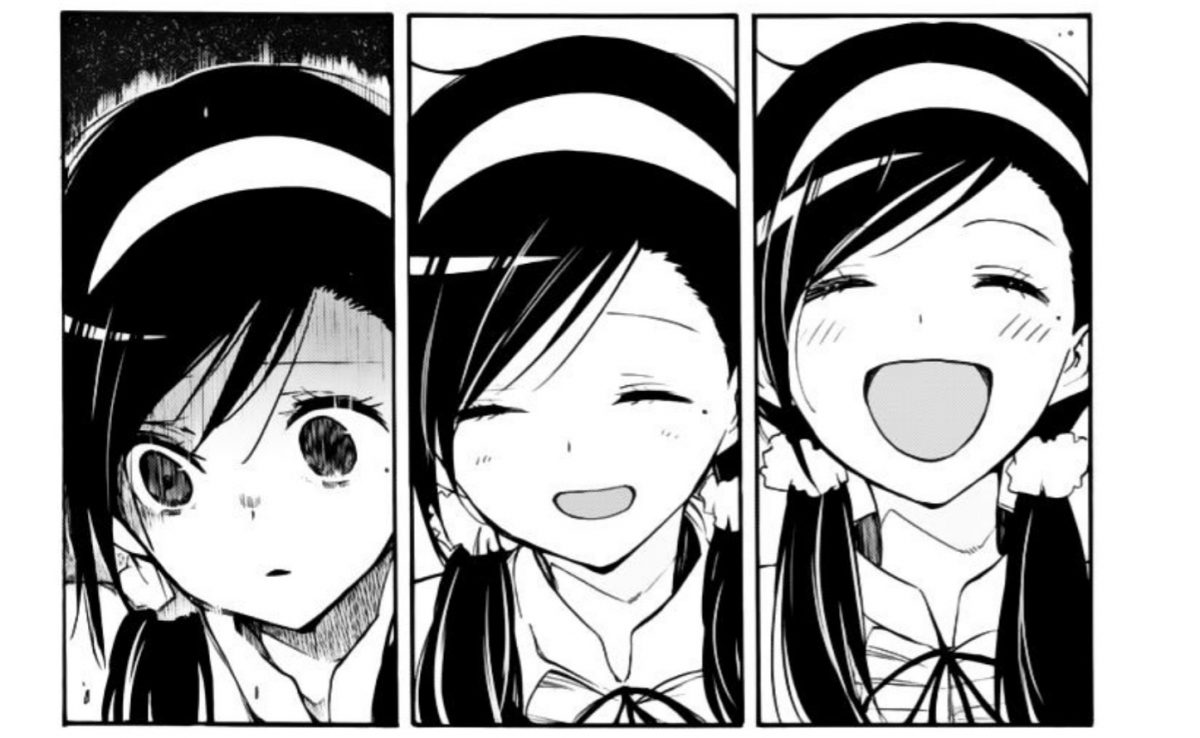The San Diego Comic Con is underway, and although it’s just gotten started, we’re tired already, however it’s the good kind of tired. We spent Thursday greeting about a jillion fans and selling our many unique products, from dating-sim games to our wacky Japanese T-shirts and hoodies to Domo-kun plush toys and more. Incidentally, I made a mistake on the booth number in the last update — we’re actually in booth 229, all the way to the right side (when facing) of the convention center, right in the middle of Anime Alley. For more info on the show, see this page. We hope to see you at the show, or if not, on the J-List website!
The all-purpose polite Japanese phrase domo is a handy word for a foreigner to know, as it can be used as an abbreviation for the correct phrase in almost any situation, even if you’re not sure what that phrase would actually be. Literally meaning “very” (as in, domo arigato gozaimasu, thank you very much), the domo expression can be used to mean hello, goodbye, I haven’t seen you in a long time, thanks for taking care of that problem for me the other day, and so on. Domo-kun, the popular mascot of NHK, Japan’s public broadcasting network, serves partially to make kids aware of how important it is to be polite to others, hence his name. As usual, Japan is very onion-like, and you can be sure that peeling away the layers of politeness will bring on more complexity. While the nuances of Japanese courtesy can be about as confusing as parsing TCP/IP headers — there are verbs that change form depending on whether the subject of the sentence is an honored guest who must be raised up to a higher level, or yourself or a member of your “in group,” requiring a self-effacing, humble verb — you can make a good impression by learning a few simple phrases.
One such elementary phrase that comes in handy in many situations is ojama shimasu (oh-JAH-MAH shee-MAHS), which basically means “sorry for intruding” and is what you say when you enter someone else’s home. Kids often forget to say this when they visit a friend’s house, and I always go out of my way to make sure my kids say it to their friends’ mothers when visiting (the sight of an American lecturing his kids on how to speak polite Japanese is an amusing one in my neighborhood). Another important phrase is onegai shimasu (oh-NEH-GAI shee-MAHS), which just means “please” (or more literally, “I request it of you”), always useful to know. Finally, there are itadakimasu and gochiso-sama deshita (ee-TAH-DAH-kee-MAHS and go-chee-SOH-SAH-MAH DESH-ta), which are used at mealtimes and essentially mean “I’m going to receive the gift of this food” and “thanks for a delicious meal,” respectively. While the two phrases are used in most every household (the latter corresponds to “May I please be excused?” in that kids aren’t allowed away from the table unless they say it first), they’re especially important in situations where politeness is needed. If someone takes you out to eat and they’re picking up the tab, it’s especially important to use the latter phrase to thank them for dinner.
Japan can sure be a perplexing place. It’s a highly advanced nation in which digital technology is often far ahead of other countries, and yet in the autumn there’s no finer sound than the baked sweet potato man, driving his truck around as he sells stone-baked sweet potatoes while singing his baked sweet potato song. Bank ATMs are another perplexing area. We take 24-hour automated tellers for granted in the U.S., but when I came to Japan, I was surprised to see “cash corners” (as they are called here) close at 7 pm weekdays, earlier on Sunday. The reason? By law, there has to be a bank employee inside all “automated” tellers, so it’s difficult to keep them open at all hours. Once I was trapped in Hokkaido during Golden Week, unable to get money out of my account for several days because the ATMs were closed along with the banks. In contrast, a friend of mine was able to get money out of his account in Sweden while living in rural India with his normal bank card and PIN. Another ATM difference: you can only get a few hundred dollars out at machines in the U.S., but in Japan, it’s possible to withdraw up to $30,000 at a time.
Since not everyone is fortunate enough to be able to attend the San Diego Comicon, we’re going to give you a nice surprise: free shipping (U.S./Canada) or half-price shipping (for international customers) on all our amazing PC dating-sim games, which makes this a great opportunity for you to spend some time browsing the J-List website and bag a few “H” games. Why not take this chance and get all the great English-translated PC dating-sim games you’ve been wanting to buy?
















